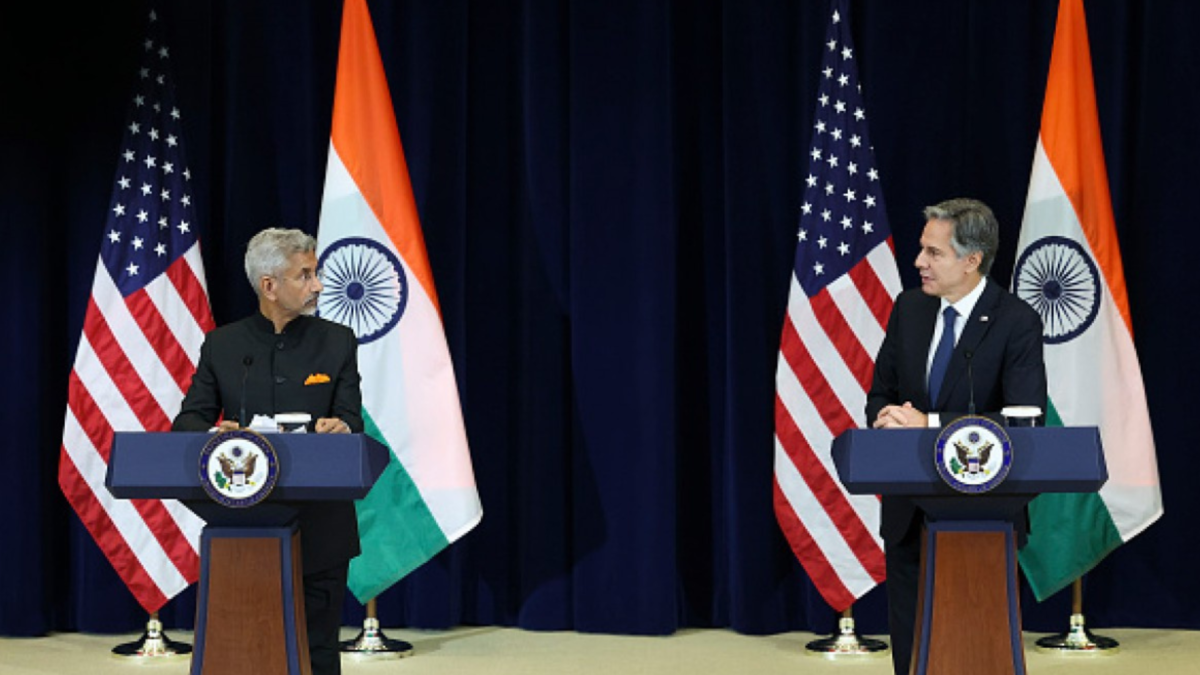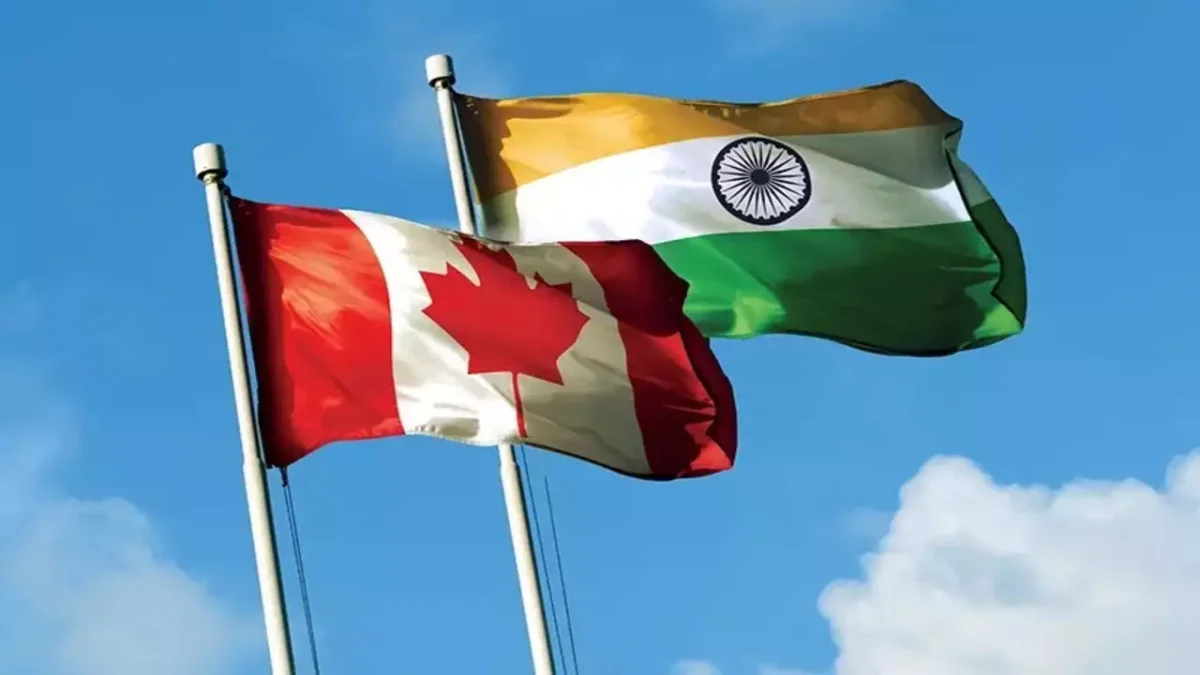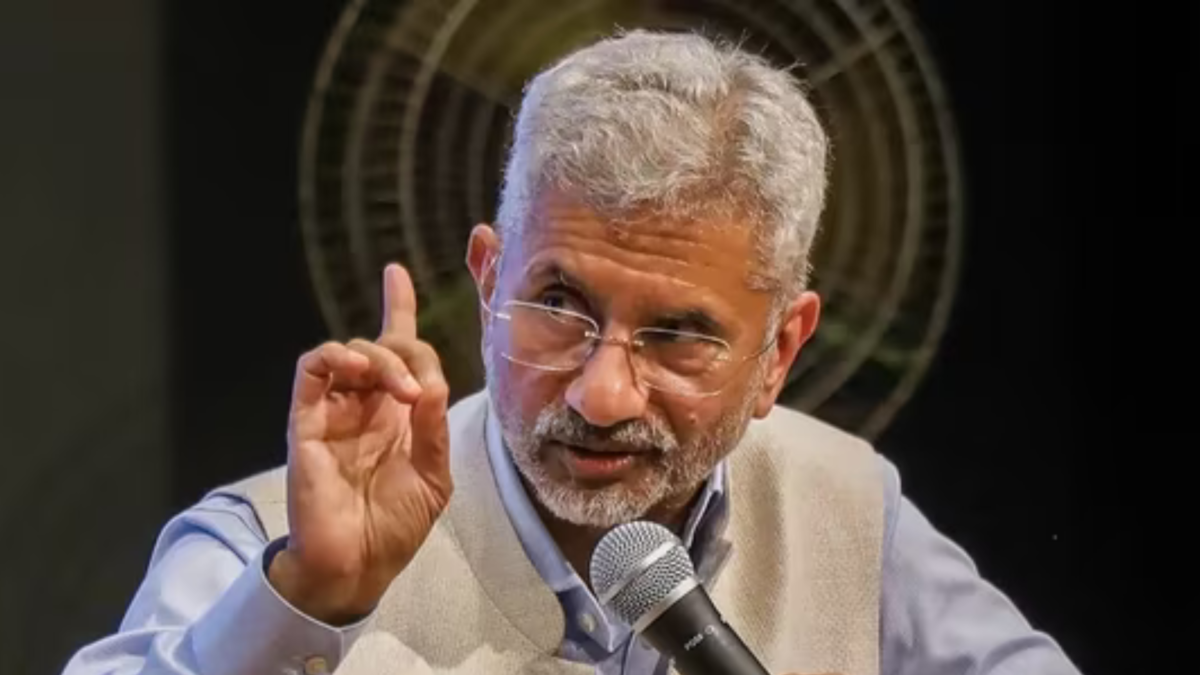Following the strain in diplomatic relations between India and Canada, Minister of External Affairs, S Jaishankar addressed a press conference on Friday in Washington. He claimed that the ‘permissiveness’ regarding violence and terrorism is a serious problem for the nation.
Among the recent allegations imposed on India, the External Affairs Minister has spoken in favor of the Sikh community and said that the extremist elements do not represent the whole community as a whole. It is just a “small minority”. He also suggested that the government should take unbiased actions and not extend this matter to the whole community.

He also added, “This permissiveness is also reflected in the fact that some important extradition requests have not been responded to from their side. In fact, there are individuals and organisations who are clearly involved with violence and illegal activities in India, who have themselves declared it…I mean it is not a secret”.
The diplomatic relations between Canada and India –
With the free trade agreements talk on hold, the nations had to take their diplomatic disagreements over the Khalistani violence to the UN earlier this week. At the General Assembly, the External Affairs Minister stated that the response to violence and terrorism should not be driven by “political convenience”. He also claimed that legal evidence should have been collected before making such heavy allegations on India. Countries must not pick when to respect the “territorial integrity and non-interference in internal affairs”.
Canadian UN Ambassador, Robert Rae spoke about this foreign interference due to which both democracies have been put under threat as it is directly causing coercion in the religious communities.

Following the expulsion of each other’s diplomats, the nations have reduced their interactions and collaborations involving people-to-people ties. In response to suspension of Canadian visas in India, the Canadian Authorities have decided to put trade talks on hold. The result of these actions is only causing more turmoil to the nations and they have been taken even before any evidence has been made.
Despite two visits by the Canadian National Security Adviser to discuss the Nijjar matter, New Delhi has emphasised that no substantial evidence has been presented. Neither has the Canadian government begun any trial or completed their own investigation. They have been indicating some pressure towards India’s cooperation in the matter.
The next step for the nations-
To make any progress, the only possible way for the Canadian government is to take the first step and prove their allegations. They need to collect strong evidence to prove their claim.

Mr. Jaishankar has emphasised that the Indian government does not endorse inter-state judicial killings as policy. Nevertheless, it is challenging to accept that the leader of a highly developed nation like India would make such assertions without substantial grounds. If evidence is presented, the natural progression would be for New Delhi, which has vehemently denied these allegations, to collaborate by providing any necessary information to facilitate the Canadian investigation’s conclusion.
The Canadian support towards violence and extreme practices in the name of ‘freedom of expression’, dates back to the 1980s which is also a major reason for their halt in diplomatic engagements. However, the cutting down of trade, travel and tourism has never occurred so rapidly as it has in the past week.
Considering the impact on students, the business sector, and the diaspora, there is an expectation that both nations will take prompt action to halt the decline in their relations.



